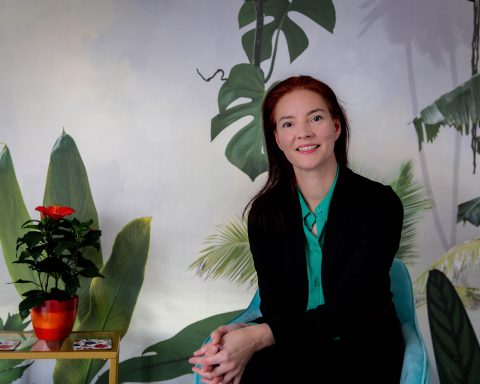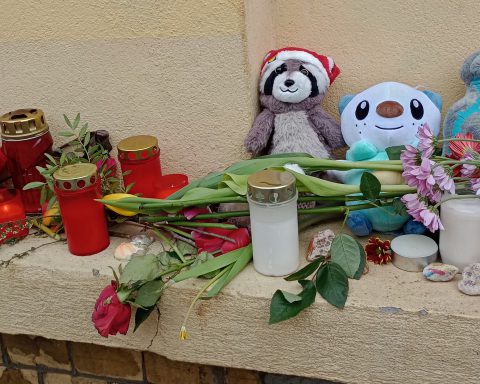We always live in a dilemma of keeping ourselves informed, but the excess of information can also make us increasingly anxious and distressed about the future. I hear from my patients that the amount of news they consume every day, throughout the day, increases their anxiety, catastrophic thinking and hopelessness about the world. This is not a recent problem, though I have seen it intensify since the pandemic began, and since then it’s become increasingly intolerable to keep up with the trauma of everything that’s happening around the world.
We heard that we would be better human beings after the pandemic, appreciating what is important and essential, such as our children, family and a true calling, but almost immediately after the pandemic “ended,” we were faced with yet another news of war, this time from Russia in Ukraine. We began to see videos circulating all over the internet in which a battle tank runs over a person; a whole hospital is bombed. And now, another conflict between Israel and Palestine has started.
All these scenes affect us and create a sense of empathy with the suffering of others.
That’s if you’re far away, but it’s even more challenging when you live in a country with an armed conflict or extreme violence. Even when these traumatic situations become a part of our daily lives, in reality, this is not a natural state to live in. Our bodies are always on alert, prepared for the next problem. And this directly affects our mental health. Uncertainty about our future makes us increasingly anxious about our present.
If we stop to think clearly, we don’t need an imminent war or extreme violence to have doubts about our future.
What we can do is focus on our present and do the best we can with the possibilities we have. Suffering with so much anguish not only doesn’t help us, but it also doesn’t solve any problems, either.
I know the rational and cognitive parts of your brain have understood this for a long time, but we can remain constantly distressed and anxious. This is because some processes don’t just pass through our cognition. Traumatic experiences are imprinted on the body. In other words, we feel the anxiety, the pressure in our chest, the constant pain in our stomach, the daily tachycardia (increased heart rate), even when everything seems fine. We are so used to being under pressure and anxious that we exist in this state chronically. In these cases when patients are capable of understanding but their bodies remain on constant alert, I recommend Cognitive Behavioral Therapy (CBT) and other specific therapies for managing traumatic situations.
At all times, we are bombarded every day with small and large scares, like inflation that brings the increase in prices for food, gas and other essentials; a new war and conflict nearby; another wave of refugees due to war and climate change; and one crisis after the other. This gives us feelings of uncertainty and doubts about our future.
As I said, it’s important to work out in an individual consultation what your anxiety triggers are and which specific interventions are most effective in your case. But in general terms, I recommend focusing on what you can do concretely in your reality, and what actions are possible for you right now. For example, every time the price of necessities goes up, you can build up an emergency reserve or learn how to invest your salary intelligently. The idea is that you can think about the problem and also structure some concrete action to deal with the situation.
If it’s an event that you have no control over, such as armed conflicts, you might consider helping in any way you can through donations or taking care of your physical and mental health.
After all, if you’re sick and exhausted physically and mentally, there’s nothing you can do about any situation.
There are also some specific techniques for self-regulation and anxiety control that I recommend you seek out a qualified professional to understand which technique is most effective in your case. These can include self-regulation and identifying what emotion we are feeling, like fear, anguish or stress. Naming and identifying the emotion in itself helps to start regulating it. From there, we can re-evaluate our thinking, for example by analyzing catastrophic and pessimistic thoughts. Then we can focus our attention, if the person is in a crisis, and try to regulate their breathing. We can break patterns of thought and behavior through psychoeducation. All of this must be done in psychological care with a qualified professional, so the technique and approach can be tailored to the patient’s reality and problems.
In short: don’t forget to take care of yourself throughout the process!











